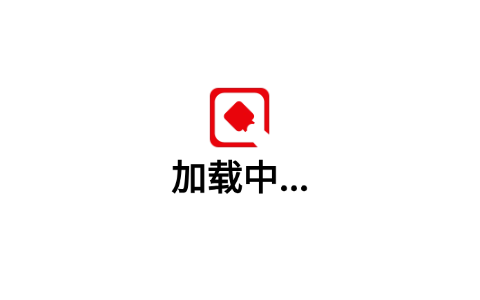One,Major new domestic regulations
1. cross-border e-commercesupervisory
Exporters are required to complete the tax refund declaration and collection of foreign exchange from the following year to April 30 of the following year, otherwise they need to pay back VAT; the General Administration of Customs has canceled the filing of overseas warehouses, simplified the declaration of documents, and required the authenticity of data.
2. Yunnan Pilot Free Trade Zone Regulations
Promote the "two inspections in one place", mutual trade processing on the ground, cross-border tourism and other new business forms, optimize cross-border logistics and financial services; encourage the development of cut flowers, tea, coffee and other bulk commodities innovative trading model.
3. Ore import standards
The arsenic limit for copper concentrates was reduced from 0.5% to 0.3%, the mercury content of nickel concentrates was tightened to 0.001%, and ores with natural radioactivity exceeding 1Bq/g were prohibited from entering the country.
4. unmanned aerial vehicleexport control
Export controls on some specialized engines for drones and anti-drone systems, two-year temporary controls on some consumer-grade drones, and a ban on the export of unregulated civilian drones for military purposes.
5. Qingdao Port VGM Declaration
Export goods need to declare VGM (Verification of Cargo Container Weight) through the platform of "Yungangtong", and any error exceeding 5% or 1 ton needs to be declared again and bear the demurrage cost.
Other domestic policy developments:
The Ministry of Commerce will recently issue "a number of policy measures to promote service exports", from the fiscal, financial, regulatory facilitation, international market development and other aspects of increased efforts to promote service exports. Although these measures are not effective only in September, their orientation is worth paying attention to:
- Financial and tax support: make good use of financial channels to support key areas and projects of service exports; enhance the prying effect of the Guiding Fund for Innovative Development of Trade in Services; optimize the procedure of zero-rate declaration for service exports and improve the efficiency of export tax rebates.
- Financial support: Increase export credit insurance support and improve policy precision; increase the supply of financial services for small, medium and micro-enterprises.
- Regulatory facilitation: improving the bonded supervision system; facilitating the movement of people and inbound consumption; upgrading the level of facilitation of capital settlement for trade in services; encouraging the transformation of intellectual property rights into transactions; promoting and regulating the cross-border flow of data, and developing the business of international data services.
- Market development: play the role of intermediary organizations in trade in services, and support enterprises to go abroad to hold exhibitions and participate in exhibitions.

II. Major new regulations abroad
1. United States
Tariffs of up to 151 TP3T on EU cars, pharmaceuticals, etc.; suspension of duty-free non-postal channels for ≤$800 goods (from August 29); and 501 TP3T tariffs on 407 steel and aluminum derived products (from August 18)
Customs and ports
Reinforcement of origin review for re-exports; postal channel goods subject to tax; $200 per day demurrage charge for overdue 4-day reefer containers at the Port of Los Angeles (up 50%).
2. Canada
Elimination of 25% retaliatory tariffs on U.S. goods under the U.S.-Mexico-Canada Agreement (except steel, aluminum, and automobiles).
3. Mexico
IMMEX plans to raise the local value-added percentage of imported textiles from 35% to 45%, with 20%-35% tariffs applying for non-compliance.
4. Brazil
Prohibition of the sale of communication equipment (including 3D printers with wireless modules) not certified by ANATEL, and market clearance from September.
5. European Union
ICS2 system
The third phase came into force, road/rail goods to Europe 4 hours before the arrival of the ENS declaration needs to be submitted, failure to submit detention and a penalty of 5,000 euros.
Green regulations
FuelEU Maritime regulation comes into force, ships over 5,000 gross tons need to reduce their greenhouse gas emission intensity.
6. United Kingdom
Restrict the use of methylsalicylic acid in cosmetics.
7. Russia
E-commerce platforms will be required to display links to EAC/GOST-R certifications; food and pharmaceuticals will be subject to "honest labeling" traceability, with fines of up to 2 million rubles for non-compliance.
8. India
3-year anti-dumping duties on Chinese polyester staple fiber (18%-25%) added; tariffs on 11% cotton imports suspended until September 30th.
9. Saudi Arabia
Prohibit the importation of vehicles that do not meet GCC safety standards and are required to be equipped with airbags, ABS systems and meet high temperature sand emission performance.


